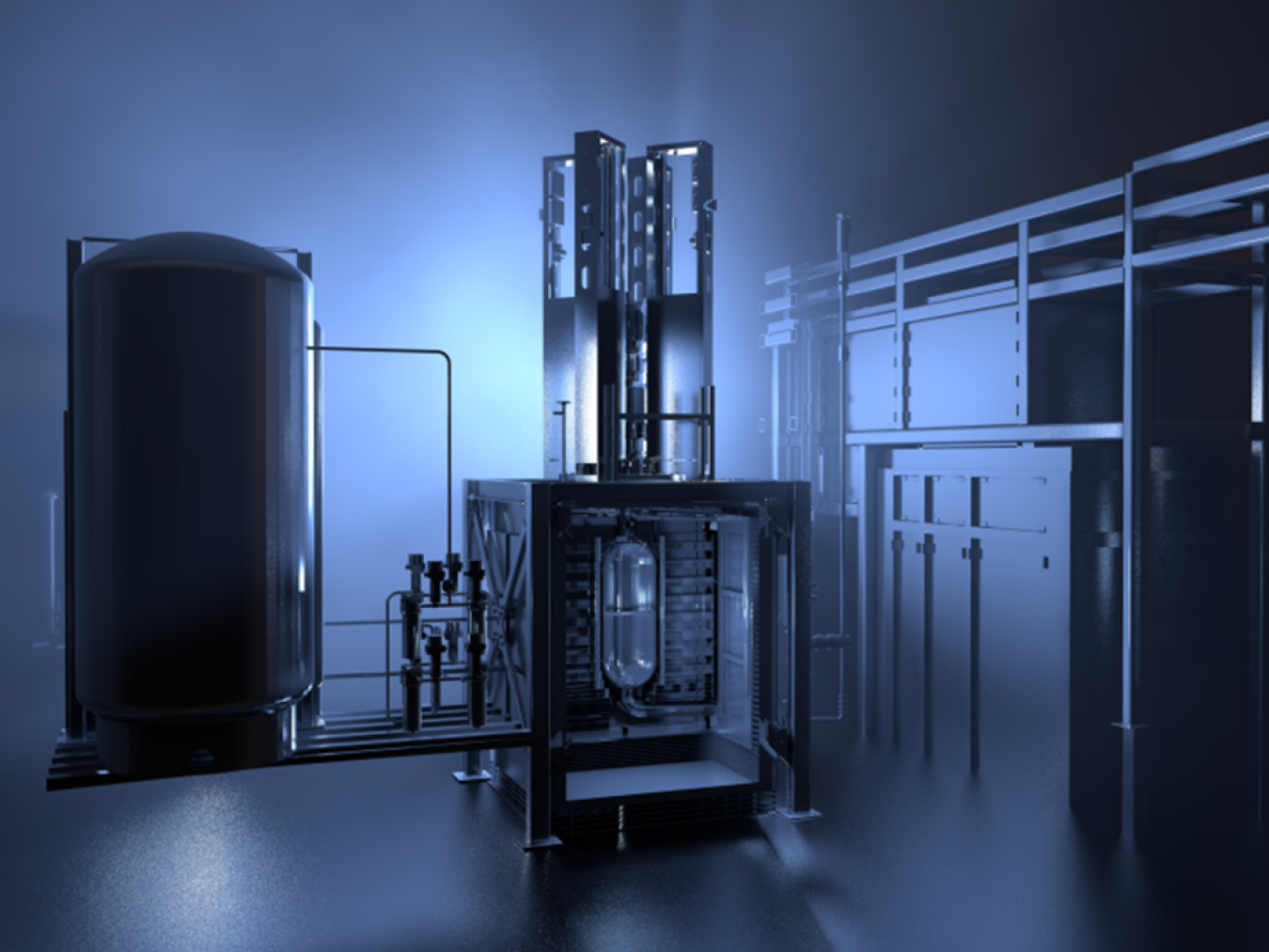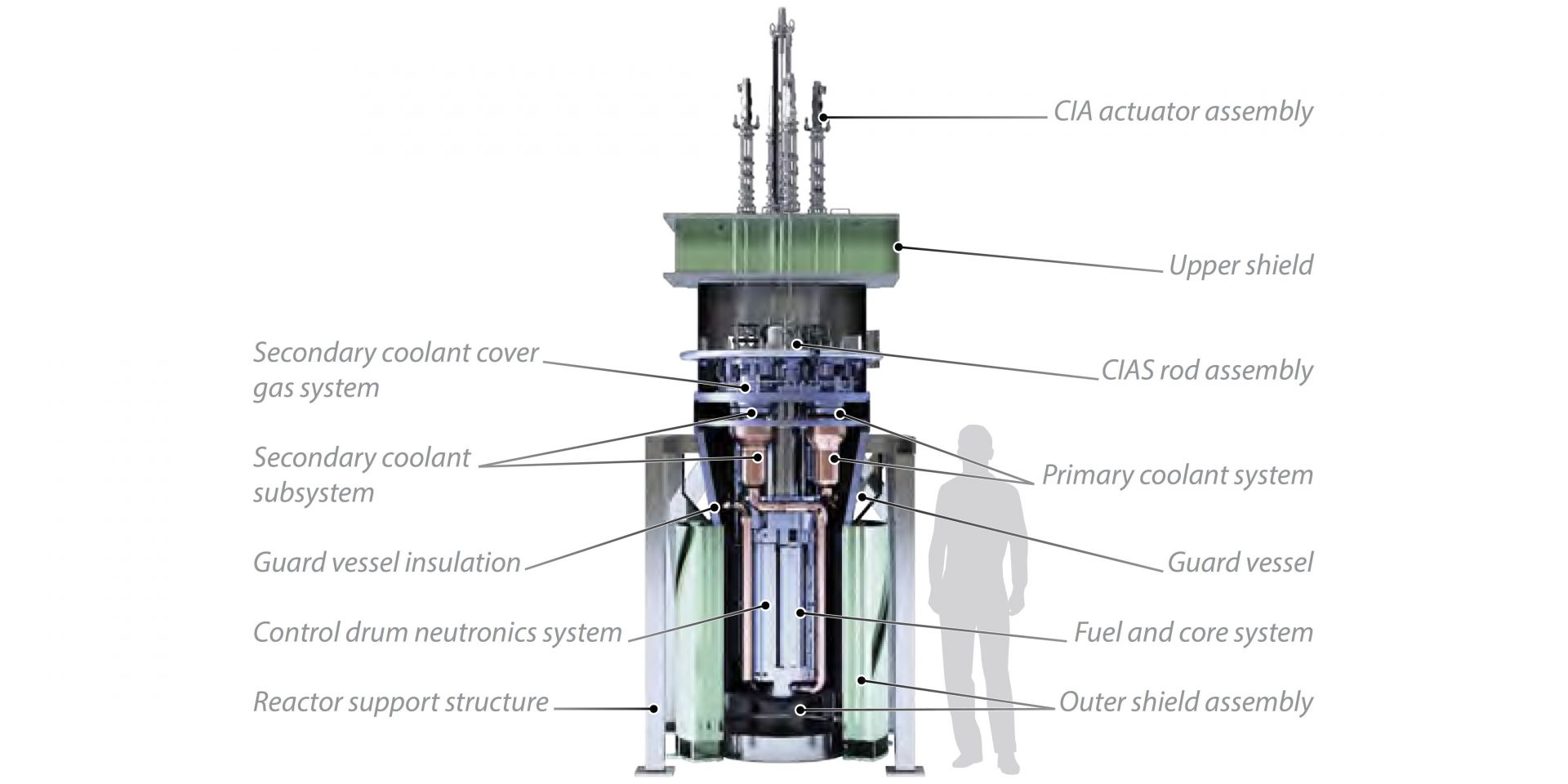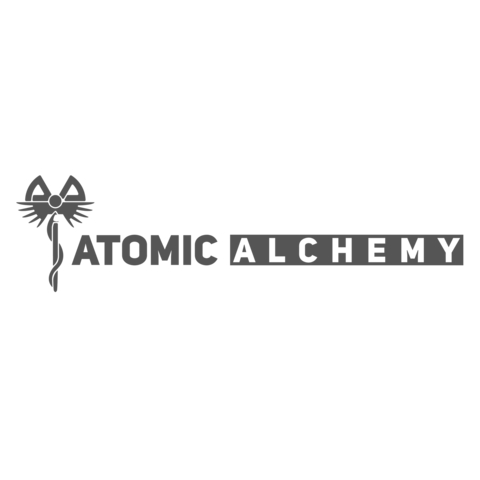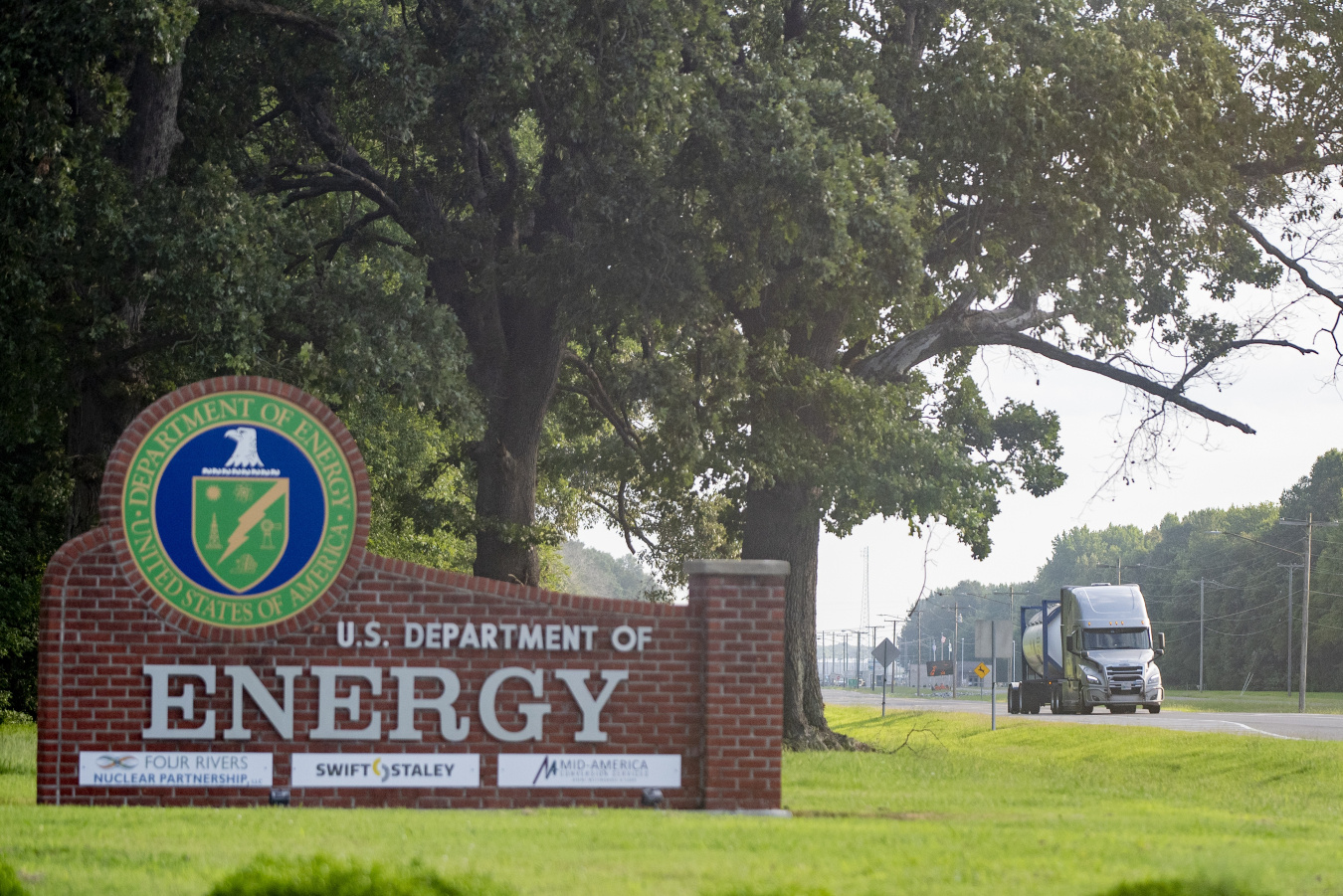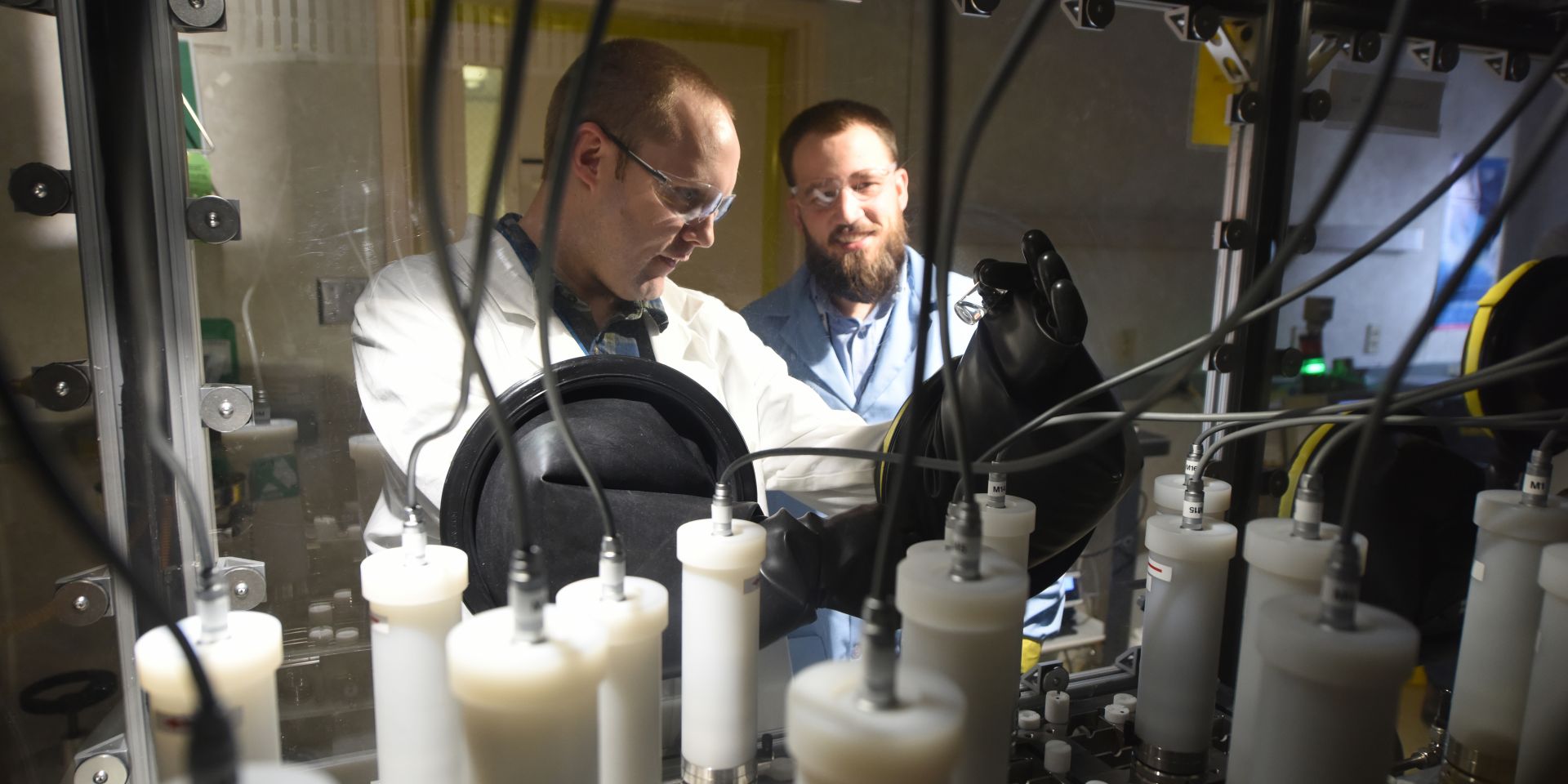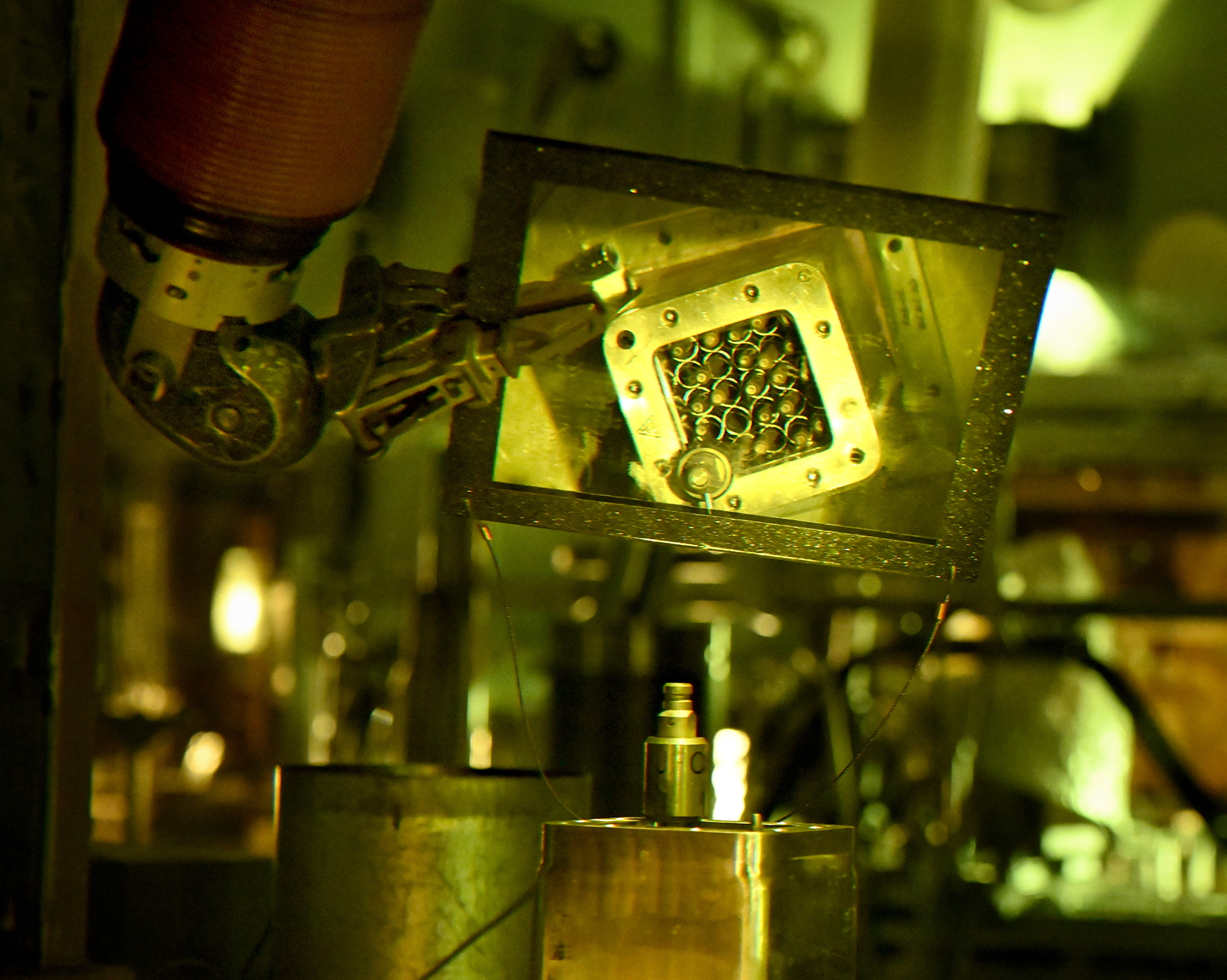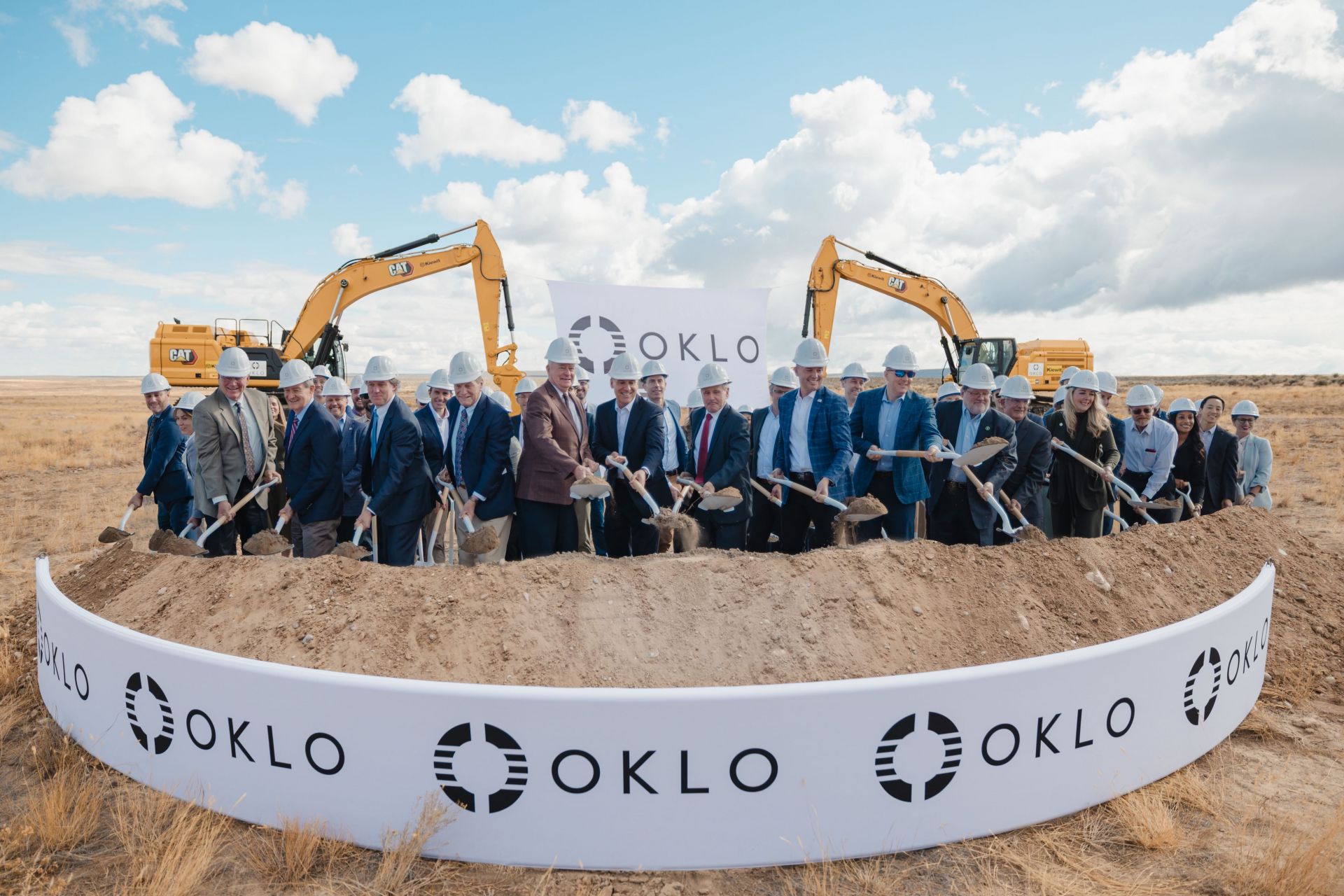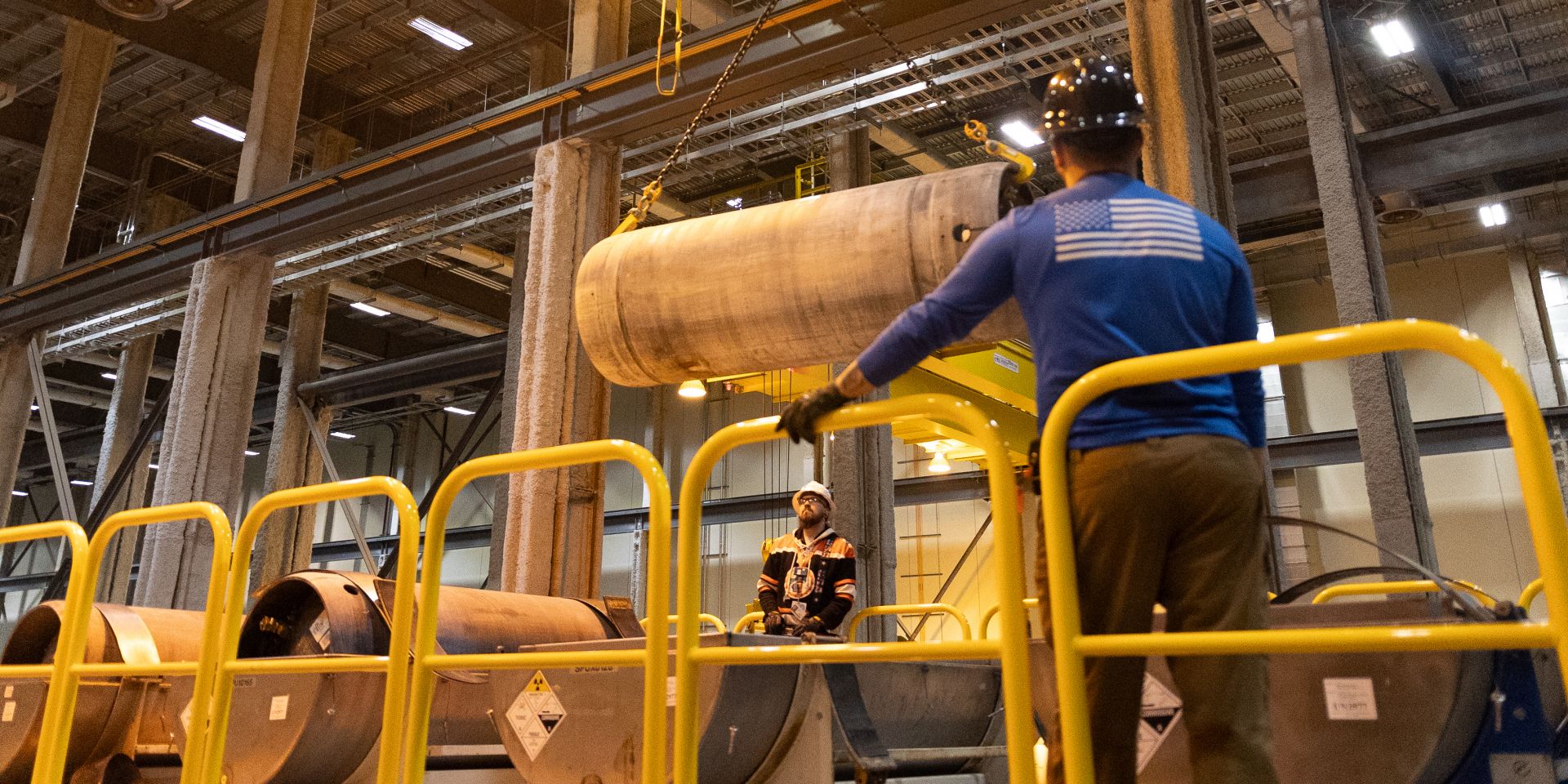Rendering of MCRE. (Image: INL)
Idaho National Laboratory has announced the creation of the first batch of enriched uranium chloride fuel salt for the Molten Chloride Reactor Experiment (MCRE). INL said that its fuel production team delivered the first fuel salt batch at the end of September, and it intends to produce four additional batches by March 2026. MCRE will require a total of 72–75 batches of fuel salt for the reactor to go critical.
Cutaway view of MARVEL and its subsystems. (Image:INL)
Idaho National Laboratory has selected five teams for its Microreactor Application Research Validation and Evaluation (MARVEL) Project to develop a sodium-potassium–cooled microreactor designed to test microreactor applications, create regulatory processes, and explore electrical and nonelectrical uses.
INL operations staff members prepare to unload casks containing TRISO fuel that will power Project Pele. (Photo: DOE)
This week, BWX Technologies, alongside Idaho National Laboratory and the Department of Defense’s Strategic Capabilities Office, announced the arrival of a full core of TRISO fuel at INL’s Transient Reactor Test Facility.
Concept art of a fission surface power system on the surface of the moon. (Image: Lockheed Martin)
The “space race” is once again making headlines, with technology worthy of the 21st century. Like the Cold War–era competition, this race too is about showcasing power—but this time it's nuclear power.
A new article in Power Technology examines the competing efforts of the United States, Russia, and China as they strive to be the first to put a nuclear reactor on the moon to power a lunar base, detailing the technical challenges and international rivalries.
The Advanced Test Reactor site at Idaho National Laboratory. (Photo: INL)
Advanced reactor and fuel developer X-energy has officially begun confirmatory irradiation testing at Idaho National Laboratory on its TRISO-X fuel. The testing, which is taking place over the course of the next 13 months, will evaluate the fuel across a variety of operating scenarios and—if all goes according to plan—will be instrumental in qualifying it for commercial use.
The Paducah Site in Kentucky. (Photo: DOE)
The Department of Energy’s Office of Environmental Management has issued a request for offer (RFO) seeking proposals from U.S. companies to build and power AI data centers on the DOE’s Paducah Site in Kentucky. Companies are being sought to potentially enter into one or more long-term leasing agreements at the site that would be solely funded by the applicants.
INL researchers inspect a sample from the HALEU purification solvent extraction process. (Photo: INL)
Idaho National Laboratory is playing a key role in helping the U.S. Department of Energy meet near-term needs by recovering HALEU from federal inventories, providing critical support to help lay the foundation for a future commercial HALEU supply chain. INL also supports coordination of broader DOE efforts, from material recovery at the Savannah River Site in South Carolina to commercial enrichment initiatives.
May 26, 2025, 9:50AMUpdated October 17, 2025, 4:55PMNuclear NewsCory Hatch Commercial nuclear fuel rods being unloaded from cask inside a HFEF hot cell. (Photo: INL)
At the Idaho National Laboratory Hot Fuel Examination Facility, containment box operator Jake Maupin moves a manipulator arm into position around a pencil-thin nuclear fuel rod. He is preparing for a procedure that he and his colleagues have practiced repeatedly in anticipation of this moment in the hot cell.
Meeting participants gather in Idaho. (Photo: OECD NEA)
Members of the OECD Nuclear Energy Agency’s Second Framework for Irradiation Experiments (FIDES-II) joint undertaking gathered from September 29 to October 3 in Ketchum, Idaho, for the technical advisory group and governing board meetings hosted by Idaho National Laboratory. The FIDES-II Framework aims to ensure and foster competences in experimental nuclear fuel and structural materials in-reactor experiments through a diverse set of Joint Experimental Programs (JEEPs).
A side view, cutaway diagram of the original plans for the Hot Fuel Examination Facility. (Source: NN, May 1969)
The American Nuclear Society recently announced the designation of three new nuclear historic landmarks: the Hot Fuel Examination Facility (HFEF), the Neely Nuclear Research Center, and the Oak Ridge Gaseous Diffusion Plant. Today’s article, the first in a three-part series, will focus on the historical significance of HFEF.
October 10, 2025, 4:42PMNuclear NewsIlyas Yilgor, Mauricio Tano, Katrina Sweetland, Joshua Hansel, and Piyush Sabharwall A high-temperature heat pipe glows during operation at ~800°C at INL’s SPHERE test facility. (Photo: INL)
Idaho National Laboratory under the Department of Energy–sponsored Microreactor Program recently conducted a comprehensive phenomena identification and ranking table (PIRT) exercise aimed at advancing heat pipe technology for microreactor applications.
A cutaway labeling the key components of the MARVEL reactor. (Photo: INL)
The American Nuclear Society’s Risk-informed, Performance-based Principles and Policy Committee (RP3C) has held another presentation in its monthly Community of Practice (CoP) series. Former RP3C chair N. Prasad Kadambi opened the meeting with brief introductory remarks about the RP3C and the need for new approaches to nuclear design that go beyond conventional and deterministic methods. He then welcomed this month’s speaker: Doug Gerstner, a nuclear safety engineer at Idaho National Laboratory, who presented “Application of a Qualitative RIPB Approach for the MARVEL Microreactor at INL.”
Watch the full webinar here.
Oklo employees alongside leaders from federal, state, and local government at the ground-breaking ceremony. (Photo: Oklo)
Following the same milestones from Aalo Atomics and Valar Atomics, Santa Clara, Calif.–based reactor start-up Oklo has become the third company participating in the Department of Energy’s Nuclear Reactor Pilot Program to break ground on its fast-tracked project at Idaho National Laboratory.
Urenco USA employees move a uranium hexafluoride cylinder to an overpack in preparation for shipping to a fuel fabricator.(Photo: Urenco USA)
The startup of a new cascade of gas centrifuge at Urenco USA’s (UUSA) uranium enrichment facility in Eunice, N.M., came ahead of schedule and on budget, according to the company.

-3 2x1.jpg)
